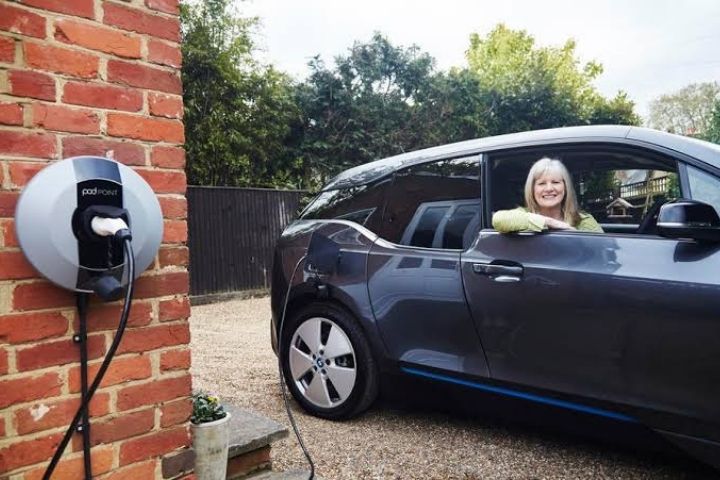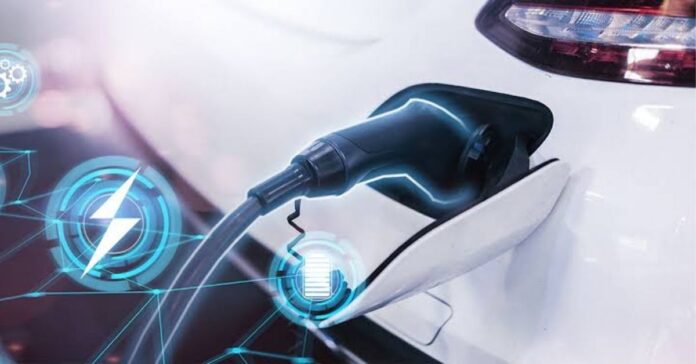Electric Vehicles Guidelines & Standards Revised
The government has released revised norms and regulations for charging infrastructure for EV, allowing owners to charge their vehicles using their existing power connections at home and at work, according to the Union Ministry of Power. “In a significant step, owners may charge their electric vehicles at their residence/offices using their existing electricity connections. Infrastructure requirements for Public Charging Infrastructure as well as for Public Charging Infrastructure for long-range EVs and/or heavy duty EVs have been outlined,” In a statement, the ministry said.

On January 14, 2022, the Union Ministry of Power issued revised unified Guidelines & Standards for Charging Infrastructure for Electric Vehicles (EV). According to the revised guideline, any individual or entity is free to set up public charging stations without a licence as long as they meet the technical, safety, and performance standards and protocols outlined in the guidelines as well as norms, standards, and specifications issued by the Ministry of Power, Bureau of Energy Efficiency (BEE), and Central Electricity Authority (CEA) from time to time. An exhaustive list of compliance requirements for Public Charging Station (PCS) have also been outlined. These include norms for “appropriate” infrastructure for civil, electricity and safety requirements.
Official Statement
“The objective is to enable faster adoption of electric vehicles in India by ensuring safe, reliable, accessible and affordable charging infrastructure and eco-system. This would also promote energy security and reduction of emission intensity of the country by promotion of entire EV ecosystem,” the ministry said in a statement. The recommendations have been made even more technology-agnostic by including not only the current international charging standards but also the new Indian charging requirements. A revenue-sharing arrangement for property used for charging stations has been put in place to solve the difficulty of making a charging station financially feasible throughout the expansion of Electric Vehicles. A government/public body must be allocated land for the installation of Public Charging Stations on a revenue-sharing basis at a predetermined fee of Re 1 per kWh (used for charging) to be paid to the land-owning agency from such PCS company payable on a quarterly basis.
Under the rules, there is also a model revenue sharing agreement. Parties may initially enter into a revenue sharing arrangement for a duration of ten years. The Revenue Sharing Model might potentially be used by a public land-owning agency to sell property to a private firm for the installation of Public Charging Stations on a competitive basis with a floor price of Re 1 per kWh.






